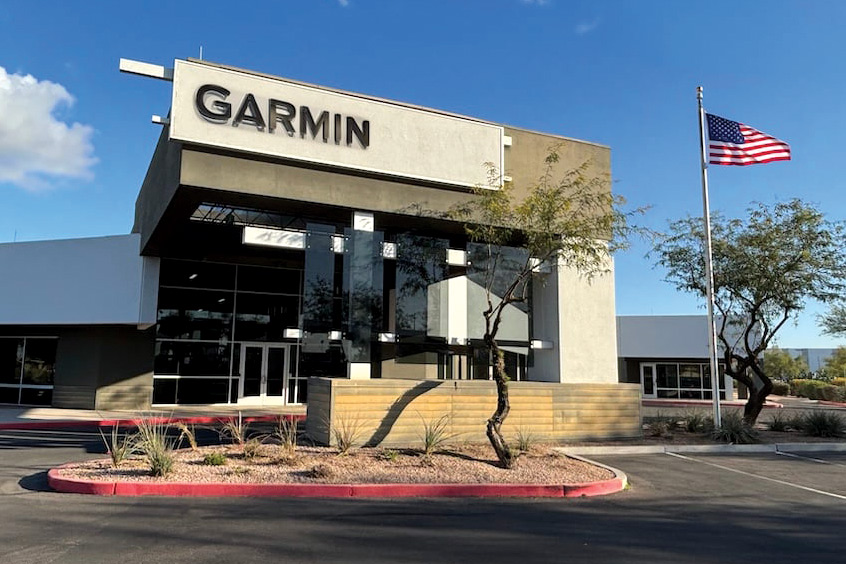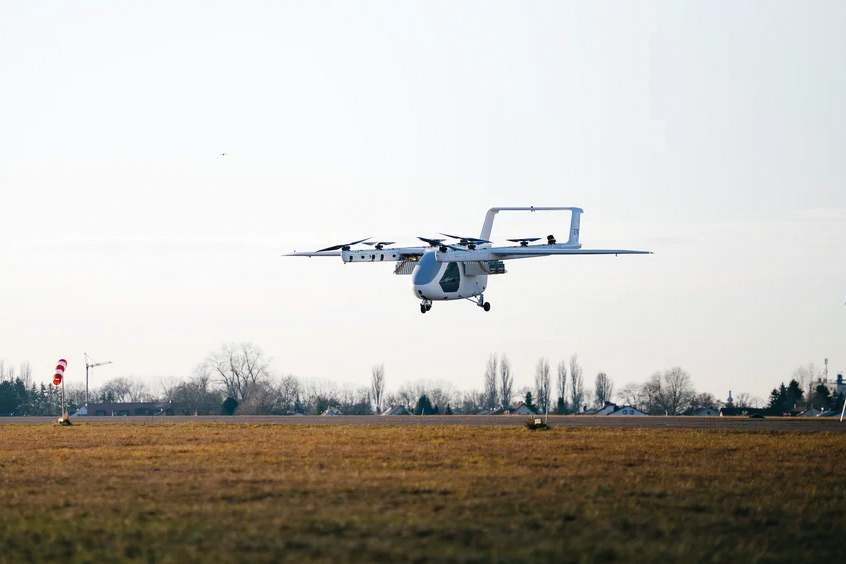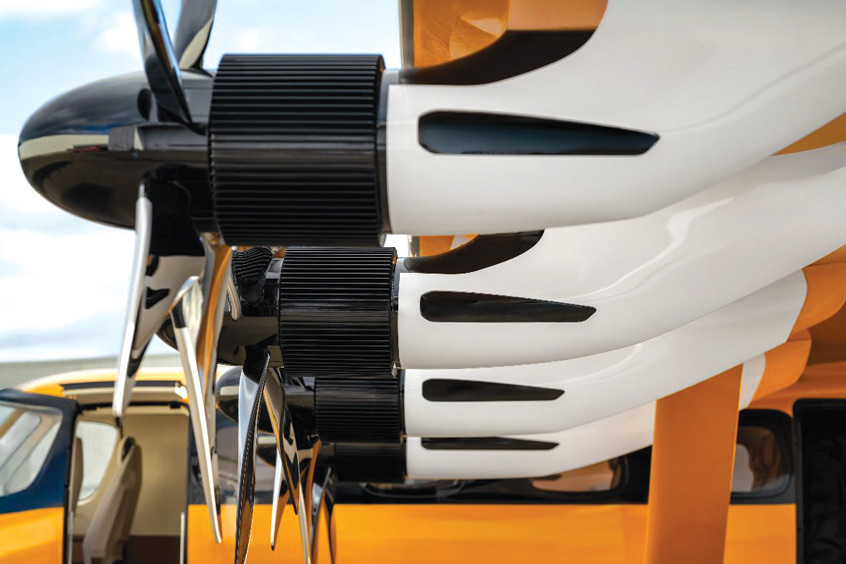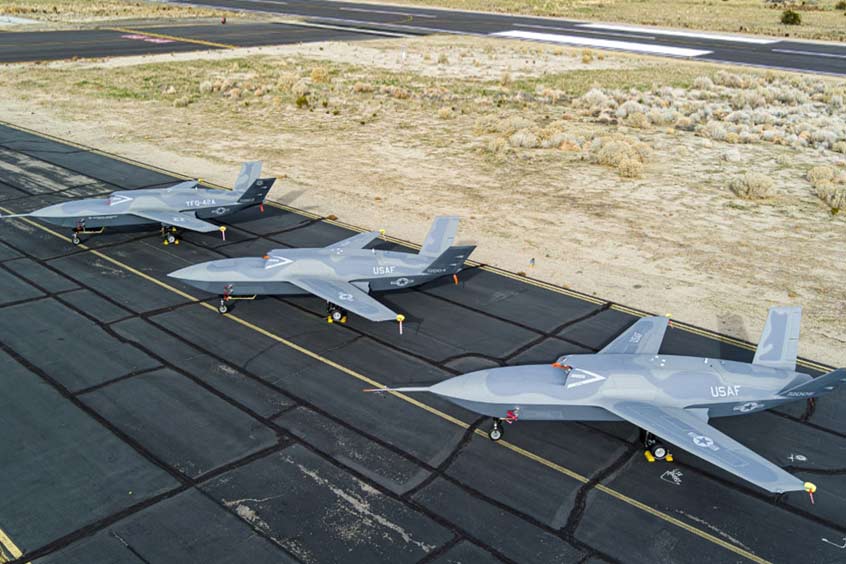PRESS RELEASE
Issued by: Ionblox
German startup Lilium said it will be using Zenlabs' battery cell technology, which it believes will be able to power its Lilium Jet eVTOL aircraft.
As an investor in Zenlabs since 2021, Lilium has exclusive rights to use the battery cell technology in commercial regional eVTOL applications.
Lilium claims the technology will allow its aircraft to achieve a projected operational range of around 175 kilometers (108 miles), assuming a short 10-second vertical take-off at its maximum take-off weight and a short 45-second vertical landing.
The company said its battery technology will be able to deliver a high average specific power of 2,500 watts per kilogram during the short take-off and landing, and around 250 watt hours per kilogram in cruise flight, leaving a 20% energy reserve after landing.
“Our team scouted more than 100 companies along the entire battery value chain from raw material suppliers through to cell developers, manufacturers, and recycling companies,” the company stated. “Based on that research, we concluded that Zenlabs' pouch cells, lithium-ion batteries using high-silicon anode and high-nickel cathode, offered the best solution for achieving our needs through performance, certification, and into scale production.”
Customcells will manufacture Lilium's battery cells using Zenlabs' technology under license, asserting that its cells and battery modules will be manufactured to meet anticipated safety regulations from both the European Union Aviation Safety Agency (EASA) and the U.S. Federal Aviation Administration (FAA).
The company said development on its cell technology is ongoing, and “we will likely use a further evolution of this cell technology in our production aircraft in order to further improve operational performance while meeting anticipated certification requirements.”
Last week, Lilium announced a partnership with Livent that focuses on research and development to advanced lithium metal technology.
“This collaboration is a milestone in Lilium's commitment to revolutionize regional air travel,” said Yves Yemsi, chief operating officer at Lilium, in a press release. “Innovation is at the heart of our mission, and to keep innovating, we need to collaborate with the best in the industry. Livent's unique expertise in lithium production, as well as their commitment to sustainably responsible practices, makes them an ideal partner.”
Lilium is developing an eVTOL aircraft for regional air mobility, currently carrying out its flight test program at the ATLAS Test Flight Center in Spain using its Phoenix 2 technology demonstrator. The eVTOL developer said on May 31 that it had achieved main wing transition from hover to wing-borne flight, and plans to share videos of the flight with the public.
“Main wing transition is a huge step forward on our path to launch and it validates our flight dynamics model,” stated Matthias Meiner, Phoenix chief engineer and Lilium co-founder. “Full credit goes to the outstanding Lilium team who worked so hard to get us here, and who remain laser-focused on the rest of the flight test campaign.”
With plans to build a full-scale conforming aircraft in 2023, Lilium recently enlisted Honeywell and Denso to develop its electric motors, and Aernnova to develop its propulsion mounting system.
The company is targeting type certification with EASA in 2025, as well as concurrent type certification validation from the FAA.
| Contact details from our directory: | |
| Ionblox | Lithium-ion Batteries |
| Lilium GmbH | Airframer |
| Related aircraft programs: |
| Lilium Lilium Jet |
| Related directory sectors: |
| Batteries & Accessories |
Weekly news by email:
See the latest Bulletin, and sign up free‑of‑charge for future editions.

Garmin expands flight test footprint with Mesa Gateway acquisition

ERC System begins flight testing Romeo prototype in Munich

Electra.aero secures US patents for hybrid-electric blown-lift control system
